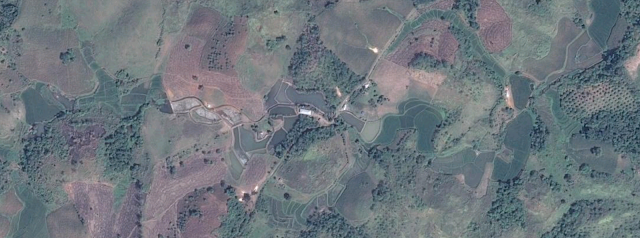For those who like to travel and those who travel a lot we share experiences through social media. Instagram and Facebook are very popular as a platform to share mementos and memories. We immortalize our experiences no longer for our own viewing pleasure but also for the world… Sharing is wonderful, however in all the trips we make planning and organizing takes the most time and something that followers and friends in social media might not have a grasp of how much time is spent on such activity. Perhaps there is a way to make the experience much better, make planning and organizing easier in a way that it is as easy as to share a picture, a video for everyone’s enjoyment.
What if we can save a few minutes each day or even a few hours each day in planning our vacations, our trips or even as simple as finding the best place to dine based on our own individual preferences? What if we can do that as easy as sharing our experiences in Social Media? Wouldn’t that make our travels more enjoyable?
What if we can save a few minutes each day or even a few hours each day in planning our vacations, our trips or even as simple as finding the best place to dine based on our own individual preferences? What if we can do that as easy as sharing our experiences in Social Media? Wouldn’t that make our travels more enjoyable?










